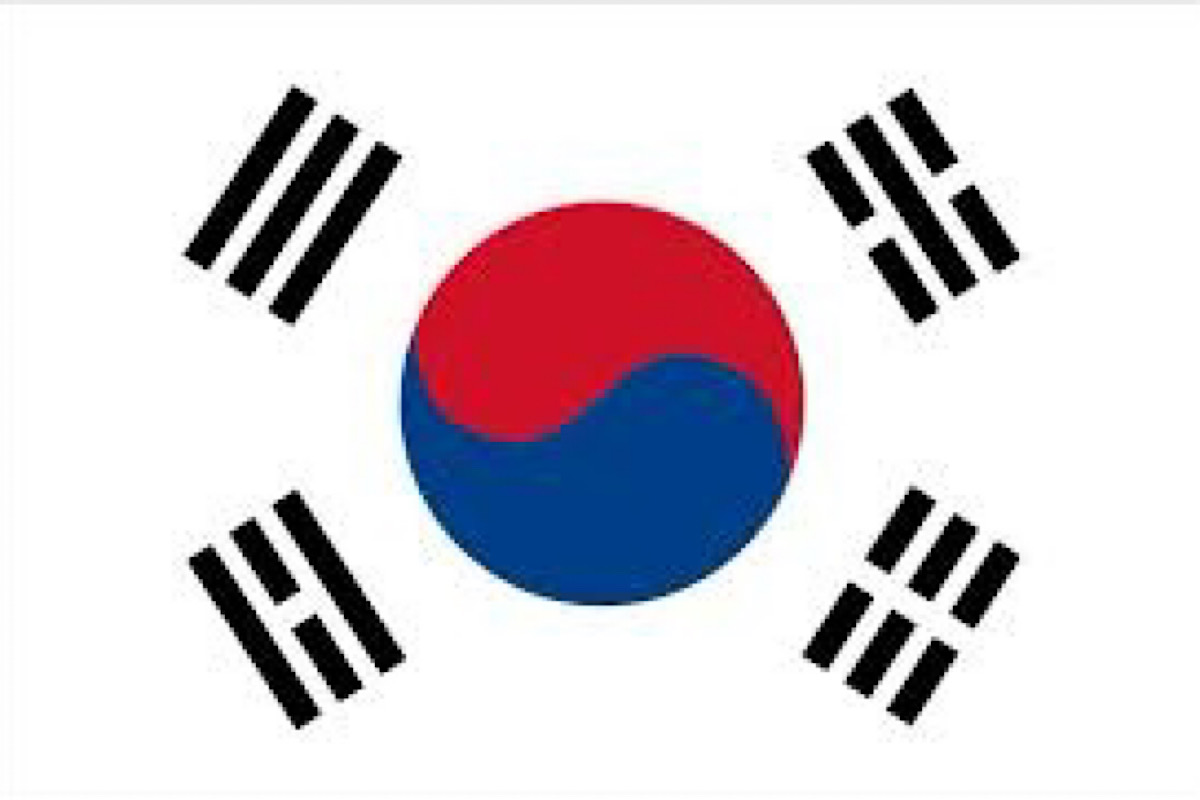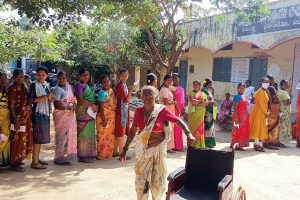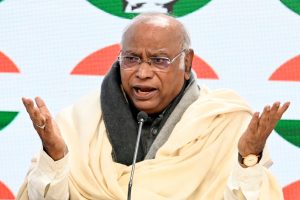It is uncertain whether South Koreans will be as pleased with the outcome of summit-level talks between Presidents Yoon Suk-yeol and Joe Biden in Washington as the host was with his visitor’s singing abilities. Even as President Yoon belted out American Pie to great applause, the summit resulted in South Korea committing not to develop nuclear weapons of its own in response to the growing threats from Pyongyang which have cast a shadow on the Korean peninsula. Last year, a poll had shown that an overwhelming majority of South Koreans supported any plans the country would have to develop nuclear weapon capability.
Public pressure had then provoked President Yoon to declare that nuclear weapons remained an option if North Korea continued to pose an existential threat. But this week, he has pledged that South Korea will not develop a nuclear bomb of its own, in return for an assurance from America that it will allow Seoul greater access to its nuclear planning, particularly with regard to a conflict with North Korea. Whether this is enough to assuage the fears of South Koreans, or indeed if it is enough to rein in Pyongyang, is uncertain. But for now this is what Seoul has got. At a joint press conference addressed by the two leaders, it was left to Mr. Yoon to declare that the two countries would engage in “immediate bilateral presidential consultations in the event of North Korea’s nuclear attack” and that the two countries would “respond swiftly, overwhelmingly and decisively using the full force of the alliance, including the United States’ nuclear weapons.”
But in real terms, the import of the Washington declaration is that America will give to South Korea what are described as detailed insights and a voice in its planning for a response to the use of nuclear weapons by North Korea. This concession may seem inadequate to many South Koreans who apprehend that the development of Pyongyang’s missile programme in order to target American cities may stay Washington’s hand when push comes to shove. President Biden has ruled out stationing American nuclear missiles on South Korean soil, and the declaration has already been described as more of an exercise in semantics than a commitment that will either satisfy South Koreans or make them feel safer.
President Yoon will seek to placate his constituents by arguing that the declaration is proof of their concerns being taken seriously by Washington, and that the country’s inclusion in America’s nuclear planning is significant. But this is unlikely to put the brakes on demands for Seoul, a signatory to the Nuclear Non-Proliferation Treaty, to take up its own nuclear programme. And those demands will grow every time North Korean leader Kim Jong-un lobs a missile into the sea, or makes belligerent noises. He is wont to do both.










